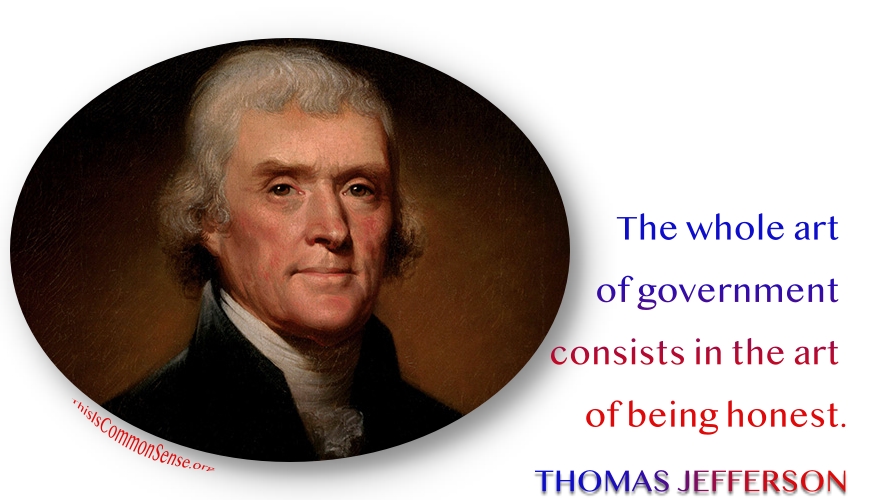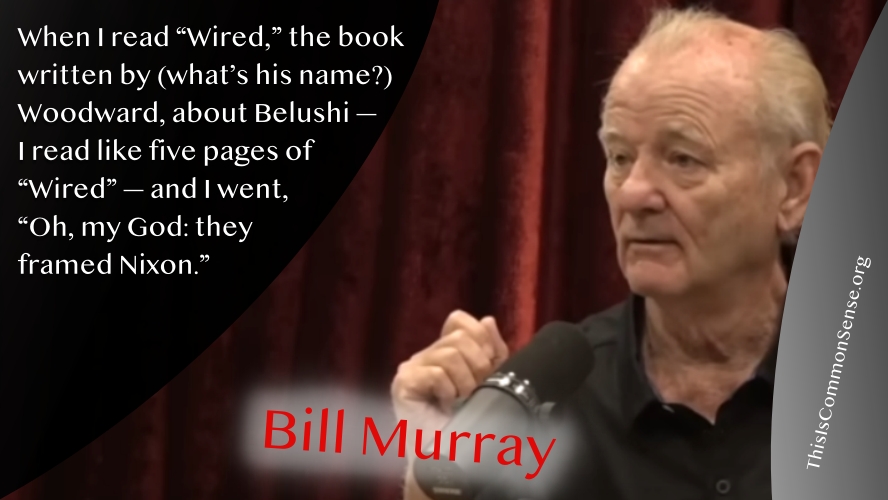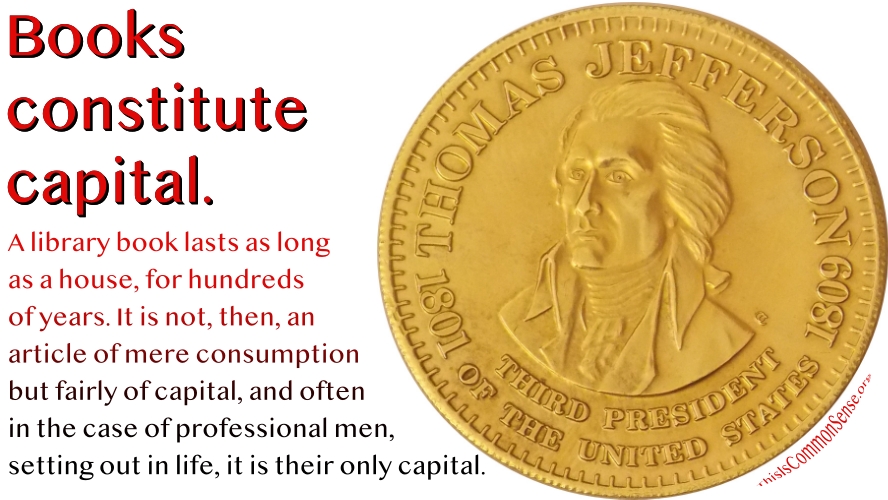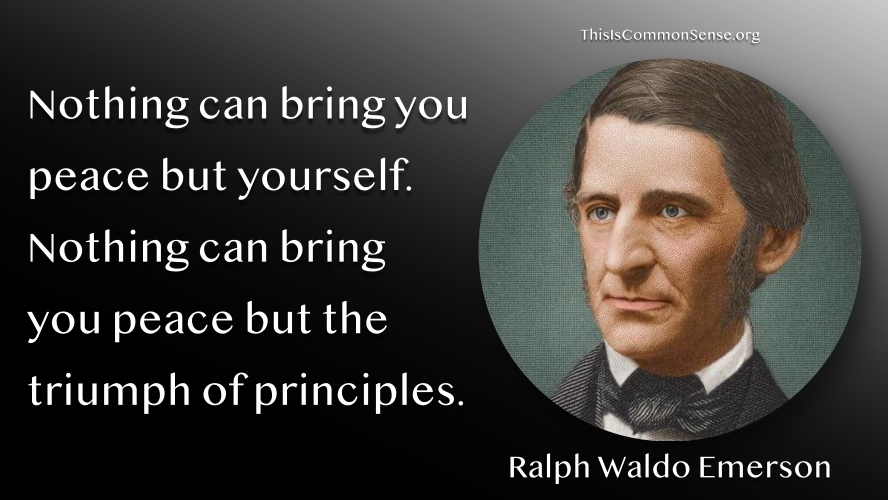Never have the young taken themselves so seriously, and the calamity is that they are listened to and deferred to by so many adults. A society that takes its solemn adolescents seriously is headed for serious trouble. How humorless and laughable the solemn young! One realizes that one of the chief differences between an adult and a juvenile is that the adult knows when he is an ass while the juvenile never does.
Paul Goodman, Growing Up Absurd (1960).
Paul Goodman





